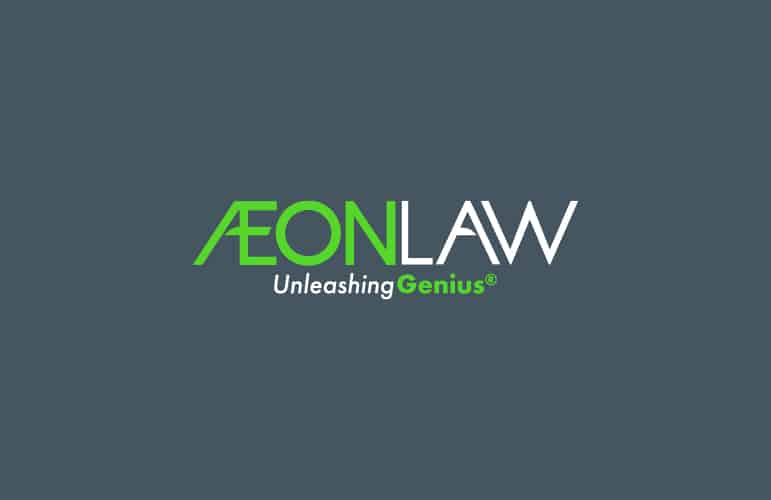Looking through various invention and entrepreneurial websites and blogs, I’ve noticed that there is some controversy and inconsistency regarding whether ideas are patentable. (e.g. StartupNation.com, Gaebler.com, and IPwatchdog.com) Some assert that it’s possible to patent an idea, while others staunchly dismiss the possibility.
The issue here is essentially a semantic one because the legal definition of ‘idea’ might not jive with how some commonly view what an idea is. Since it’s possible to define ‘idea’ in various ways, let’s use some terms that are less ambiguous. So, as far as the law is concerned, it is NOT possible to patent a concept, but it is possible to patent an invention.
The difference is that an invention has been “reduced to practice” in one way or another, whereas a concept has not. In the legal sense, a concept is merely an envisioned problem solution. An invention, however, relates to an actual embodiment of a problem solution, which typically takes the form of a designed product or method.
For example, let’s assume that the light bulb has not been invented, and you come up with the idea of a glowing glass bulb to replace gas lights. Kudos to you, but your patent attorney is going to tell you that you don’t yet have an invention, and that you need to actually describe how this amazing new device might actually work.
At this point, you go back home and write up a description of how your bulb would be configured; you draw a picture of its design; or maybe you even build a prototype. Regardless of what you do, the concept must be “reduced to practice,” which means that you have a prototype built (actual reduction to practice) OR file a patent application describing it so that an average person in the field of endeavor could make and use your invention (constructive reduction to practice).
So, how developed should an invention be before it can be constructively reduced to practice? Naturally, how much you need to have your idea developed varies depending on the technology field, and your patent attorney can tell you if you are there yet. To give you some reference, I’ve drafted full patent applications based on a few sentences of disclosure, while others have required hundreds of pages and hours of discussion.
The take-away message here is that an “idea” must be developed from conception to the point of invention by “reduction to practice” if you want something that’s potentially patentable. Moreover, patents typically relate to an actual product or method, and the broad concept or idea of such a product is not what is patentable.
And for those of you who have some qualms about how the terms ‘concept,’ or ‘idea’ or ‘invention’ are defined by patent law, just focus instead on the characteristics that move something from the unpatentable to patentable column. In the end, regardless of whether you call it an idea, thought, inspiration, concept, or invention, you must reduce it to practice before it’s worthy of filing for a patent.


